Advertisement
Salesforce is one of the leading technology companies that helps businesses connect better with their customers. Today, companies are seeking ways to work faster and more efficiently, which is why new tools and technologies are becoming increasingly prevalent in the workplace.
However, as these tools grow, concerns about data privacy and security are also increasing, particularly when using systems that generate content or responses automatically. Every business wants to utilize innovative tools, but it also wants to ensure that its data remains secure.
Salesforce has taken strong steps in this direction. Their focus isn't just on building new features but also on ensuring that customer data is protected and secure. In this blog, we'll look at how Salesforce is working on safe and private generative AI and how businesses can benefit from it.
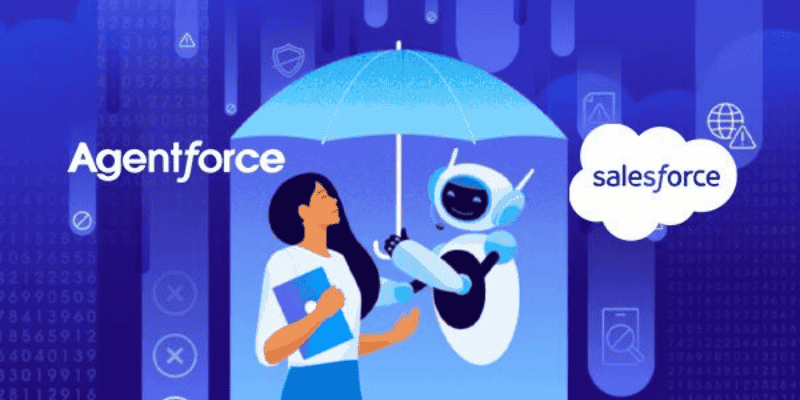
Generative AI is a type of technology that can create things like text, images, or even videos on its own. For example, it can write emails, answer customer questions, or help make social media posts, all without requiring manual intervention.
In the business world, this kind of AI can save time and make work easier. A customer service team can use it to respond to frequently asked questions. A marketing team can use it to create content ideas quickly. Sales teams can get help writing messages to clients.
As a result, generative AI is gaining popularity in companies of all sizes. It helps teams work more efficiently and stay focused on larger tasks. But even though it's helpful, businesses also worry about how their data is being used when they use these tools.
That's why it's essential to have generative AI that's not only intelligent but also safe and secure, and that's where Salesforce is making a difference.
While generative AI can be beneficial, it also poses significant risks, particularly in terms of privacy and data security. An important concern is that AI tools often require extensive data to function effectively. If that data includes private customer information, there is always a risk that it could be shared or used in an unauthorized manner. Some AI systems even save the data you enter, which can be dangerous if the company isn't careful.
Another problem is that it's not always clear how the AI makes its decisions. This can make it hard for businesses to trust the results or explain them to customers.
Additionally, many companies are required to adhere to strict guidelines regarding the handling of customer data, such as the General Data Protection Regulation (GDPR) in the European Union or the Health Insurance Portability and Accountability Act (HIPAA) in the healthcare industry. If an AI tool doesn't follow these rules, the business could get into legal trouble.
Due to these risks, companies must select AI tools that are designed with privacy and security in mind. Salesforce understands this and is working to ensure its AI tools are safe to use from the outset.
Salesforce has always focused on trust. It's one of their core values, and they take it seriously, especially when it comes to new technology like AI. Instead of just trying to be the fastest or the most advanced, Salesforce puts security and privacy first. They want businesses to feel confident that their data, as well as their customers' data, are in safe hands.
One example of this is how Salesforce handles data in its AI tools. With Einstein GPT, Salesforce adheres to a zero-data-retention policy, which means the system doesn't retain or store the customer's data after generating a response. This helps reduce the risk of data leaks or misuse.
Salesforce also gives businesses more control. They can decide how their data is used and who has access to it. Everything is protected with strong encryption, so even if someone tries to break in, the data stays secure. By building AI tools that respect privacy from the outset, Salesforce enables businesses to utilize new technology without compromising security. This trust-first approach is what sets them apart from many other companies.
Salesforce has developed several tools to help businesses utilize generative AI safely and securely. These tools are designed to be easy to use while also providing strong protection for data.
Here are a few of the main tools:
Einstein GPT is Salesforce's generative AI tool. It can help write emails, generate responses in customer service, and create personalized messages. What makes it different is that it's built with security in mind. It doesn't save the customer's data after creating a response, which helps protect privacy.
Salesforce's Data Cloud collects and connects all of a company's customer data in one place. It keeps the data clean, updated, and safe. When AI tools like Einstein GPT use this data, it's already organized and secure, which helps reduce risks.
Salesforce has also added AI into Slack (a popular messaging app they own). With Slack GPT, teams can get smart summaries, content suggestions, and more right inside their chats. And just like other tools, it's designed to work safely without sharing private information.
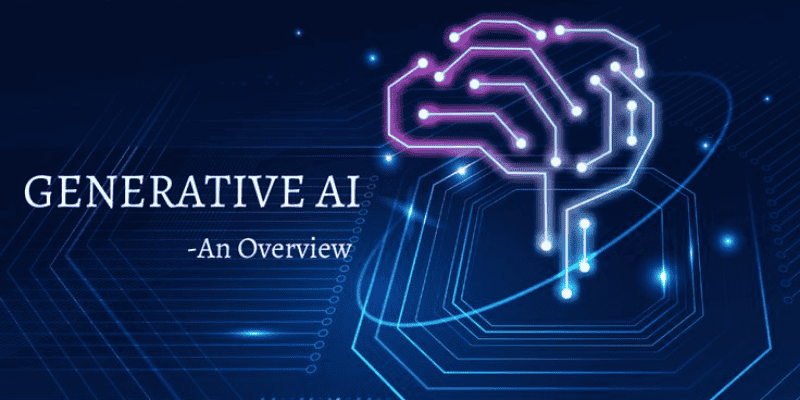
Generative AI has a lot to offer, including faster work, better results, and more innovative tools for every team. However, these benefits come with genuine concerns about privacy, data security, and responsible use. Salesforce understands this and is leading the way by creating AI tools that are not just powerful but also safe and trustworthy. From Einstein GPT to the Data Cloud, every part of their system is built with privacy and ethics in mind.
For businesses, this means they don't have to choose between innovation and safety; they can have both. By using Salesforce's secure and private generative AI, companies can move forward with confidence, knowing their customer data is protected and their teams are supported.
Advertisement

Celonis faces rising competition by evolving process mining with real-time insights, integration, and user-friendly automation

Explore how AI innovates the business world and what the future of AI Transformation holds for the modern business world

How depth2img pre-trained models improve image-to-image generation by using depth maps to preserve structure and realism in visual transformations

How Vision Transformers (ViT) are reshaping computer vision by moving beyond traditional CNNs. Learn how this transformer-based model works, its benefits, and why it’s becoming essential in image processing

Discover how Cerebras’ AI supercomputer outperforms rivals with wafer-scale design, low power use, and easy model deployment
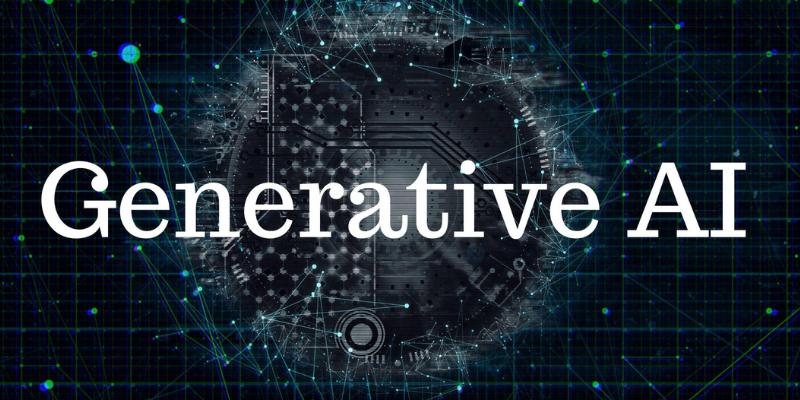
Discover how resume companies are using non-biased generative AI to ensure fair, inclusive, and accurate hiring decisions.

Discover how Dremio uses generative AI tools to simplify complex data queries and deliver faster, smarter data insights.
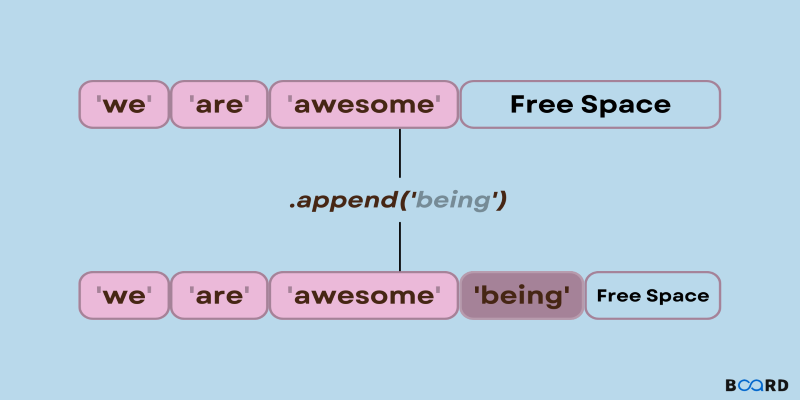
Need to add items to a Python list? Learn how append() works, what it does under the hood, and when to use it with confidence

Master GPT-4.1 prompting with this detailed guide. Learn techniques, tips, and FAQs to improve your AI prompts

Google Cloud’s new AI tools enhance productivity, automate processes, and empower all business users across various industries

Apple’s AI-powered RoomPlan uses LiDAR and AI to create accurate 3D room models that integrate seamlessly with top design apps
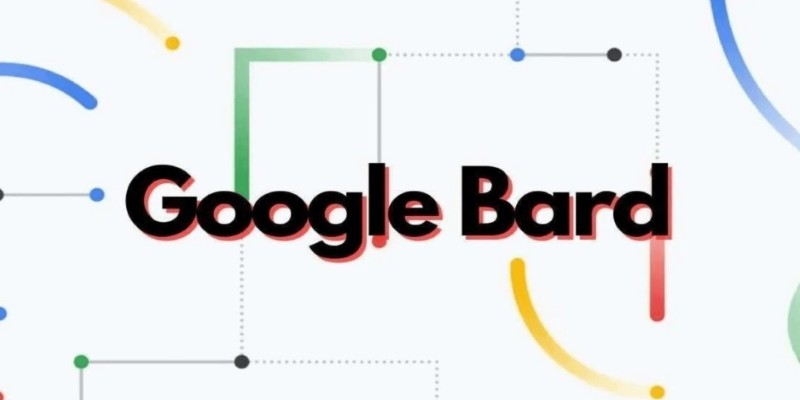
How Google Bard’s latest advancements significantly improve its logic and reasoning abilities, making it smarter and more effective in handling complex conversations and tasks